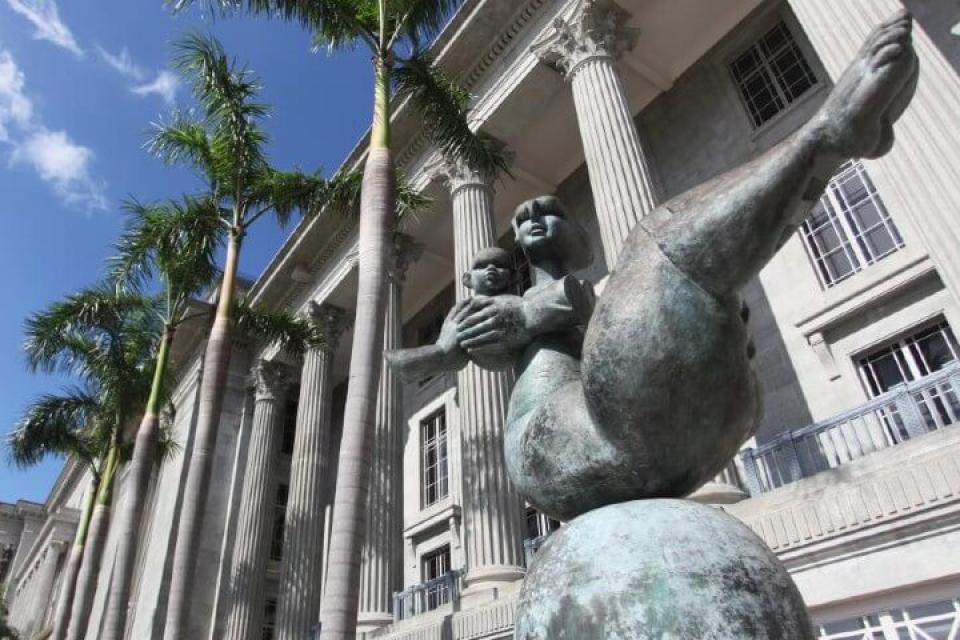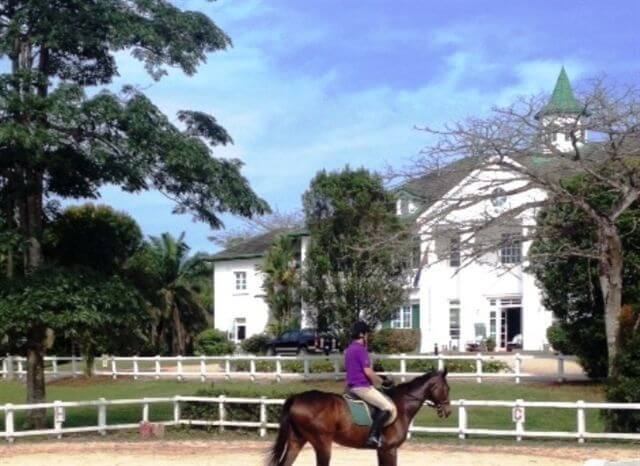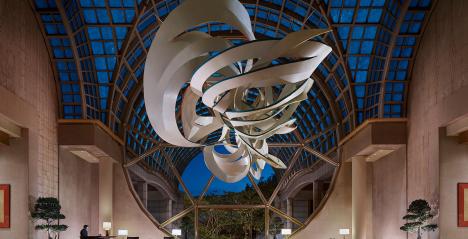Image Credit: National Gallery Singapore Journey with Mother and Child by Ng Eng Teng
Singapore is a place where art pieces can be found in many nooks and crannies. For example a walk around the HDB Hub Building in Toa Payoh will bring you across several kids clambering and sitting on blocks of rocks.
Named “The Climb”, this fun & whimsical sculpture is the work of the late ‘Grandfather Of Singapore Sculpture’ Ng Eng Teng. This cement-fondu sculpture was first commissioned by the Housing Development Board and installed in the then HDB headquarters in Bukit Merah, Singapore in the year 1987. Subsequently it was relocated to the HDB Toa Payoh hub in 2004.
The late Ng Eng Teng was known for his figurative sculptures. His training was in painting and pottery and in recognition of his excellent artistic achievements, he was awarded the Cultural Medallion in 1981. Ng Eng Teng's first sculptures were terracotta figurines which he fired in 1959 at the Jurong Brickworks and the now-defunct Alexandra Brickworks when he was still a student at the Nanyang Academy of Fine Arts. At the same time he learned the technique of casting in ciment-fondu from Jean Bullock. Ng's sculpture embodies his concern with themes of identity and belonging, of basic human feelings and states of mind.
The Climb reminds one of the good old Kampong days when kids run around freely and clamber everywhere; trees, hills, rocky mounds, etc. While you are there, check out 2 other sculptures that was also transferred from Bukit Merah; one named ‘Mama’s Precious One’ by famous artist Chong Fah Cheong and ‘Tai Chi Boxing’ by Ju Ming. There is also a sculpture outside the main entrance, entitled ‘Affinity’ by Anthony Poon that has two intertwining ribbons which celebrate integration, harmony and unity of hearts; the cornerstone for Singapore homes, communities and nation.
Toa Payoh, where all these sculptures are located, was the first satellite town totally conceived and built solely by the Housing Development Board (HDB). The HDB was set up in 1960 to deal with housing shortage, and Toa Payoh was one of the first on the list of areas to be developed. Toa Payoh is an old name that dates back to the 19th century. In Hokkien, a dialect of Chinese, Toa means ‘Big’ and Payoh was derived from the Malay word ‘Paya’, which means marsh or swamp.
So the next time you are in the area, check out these art pieces.















